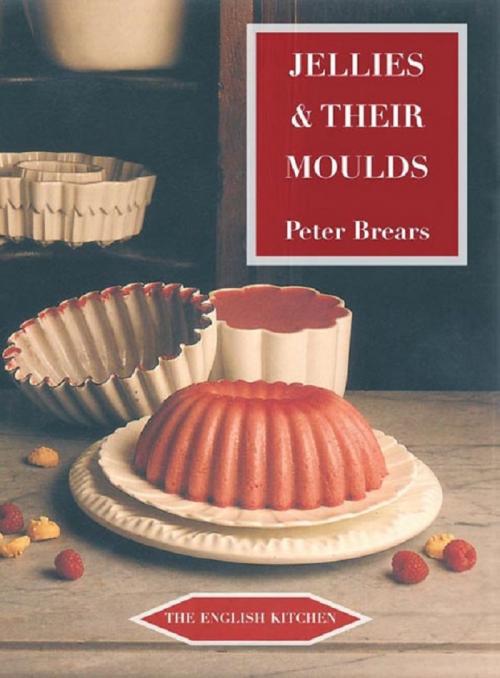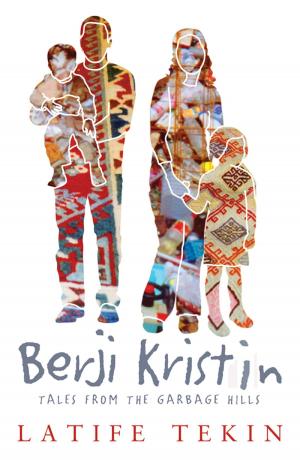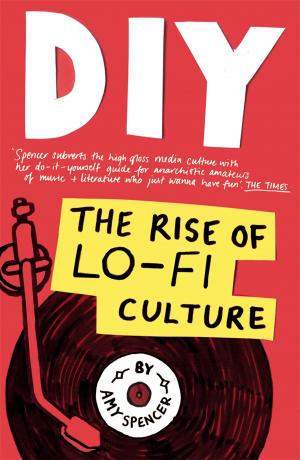| Author: | Peter Brears | ISBN: | 9781909248243 |
| Publisher: | Marion Boyars | Publication: | December 12, 2010 |
| Imprint: | Marion Boyars | Language: | English |
| Author: | Peter Brears |
| ISBN: | 9781909248243 |
| Publisher: | Marion Boyars |
| Publication: | December 12, 2010 |
| Imprint: | Marion Boyars |
| Language: | English |
Peter Brears has a long acquaintance with jellies in every guise. He was fed them in childhood, he turned to curating their moulds and associated artefacts while director of York and Leeds museums, he has made them for innumerable historical food shows and events.And jelly is a much bigger thing than some packet from the supermarket mixed with boiling water. In the first place, it was not factory-made gelatine that did the setting, but any number of ingenious adaptations of kitchen materials and ingredients. In the second, it was not just a simple clear, coloured solid, but an optical prism to show off and transform the foods contained within it. It was the cook's greatest resource for introducing colour, variety and delight into the table display.The book sketches in the history of jellies, particularly in England, and discusses their place within a meal; gives several recipes based on the various setting agents (carrageen, gelatine, isinglass) and also for cereal moulds (flummery, tapioca, semolina, rice, cornflour, etc.); describes how jellies may be assembled by layering, embedding, lining and inclusion of fruit, nuts, gold, etc.; and gives an excellent illustrated account of the various forms of jelly moulds.
Peter Brears has a long acquaintance with jellies in every guise. He was fed them in childhood, he turned to curating their moulds and associated artefacts while director of York and Leeds museums, he has made them for innumerable historical food shows and events.And jelly is a much bigger thing than some packet from the supermarket mixed with boiling water. In the first place, it was not factory-made gelatine that did the setting, but any number of ingenious adaptations of kitchen materials and ingredients. In the second, it was not just a simple clear, coloured solid, but an optical prism to show off and transform the foods contained within it. It was the cook's greatest resource for introducing colour, variety and delight into the table display.The book sketches in the history of jellies, particularly in England, and discusses their place within a meal; gives several recipes based on the various setting agents (carrageen, gelatine, isinglass) and also for cereal moulds (flummery, tapioca, semolina, rice, cornflour, etc.); describes how jellies may be assembled by layering, embedding, lining and inclusion of fruit, nuts, gold, etc.; and gives an excellent illustrated account of the various forms of jelly moulds.















